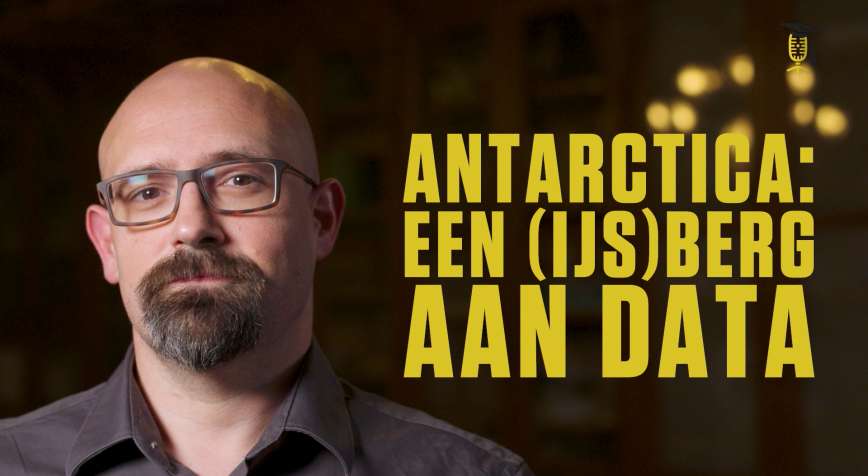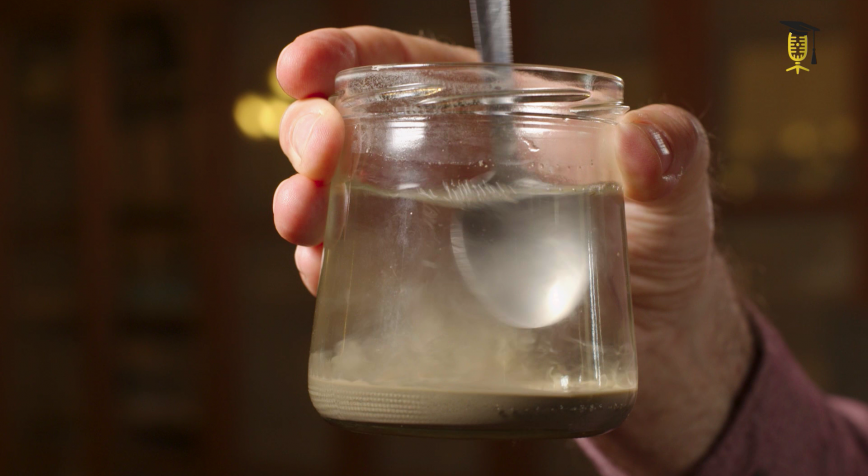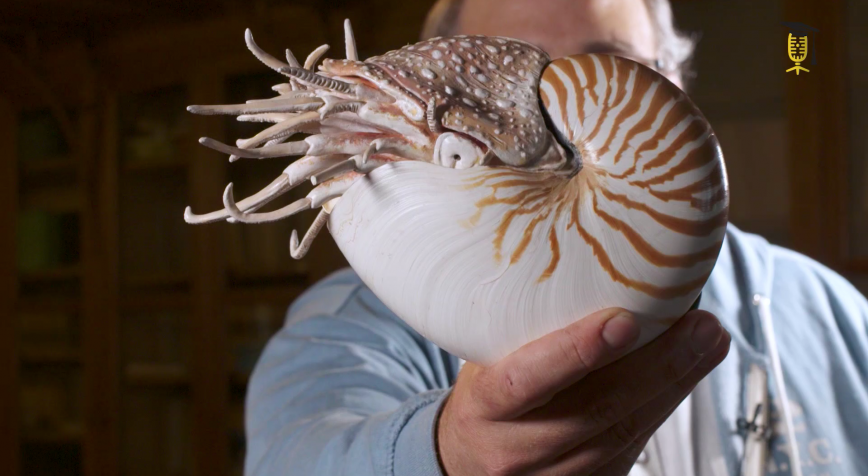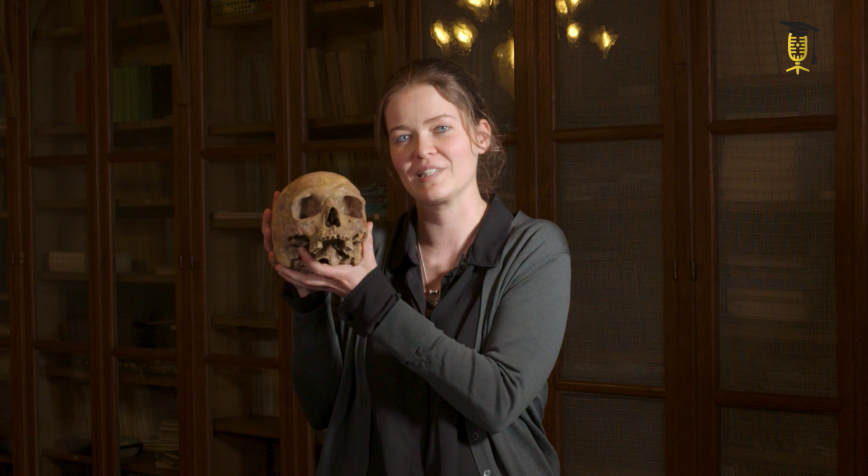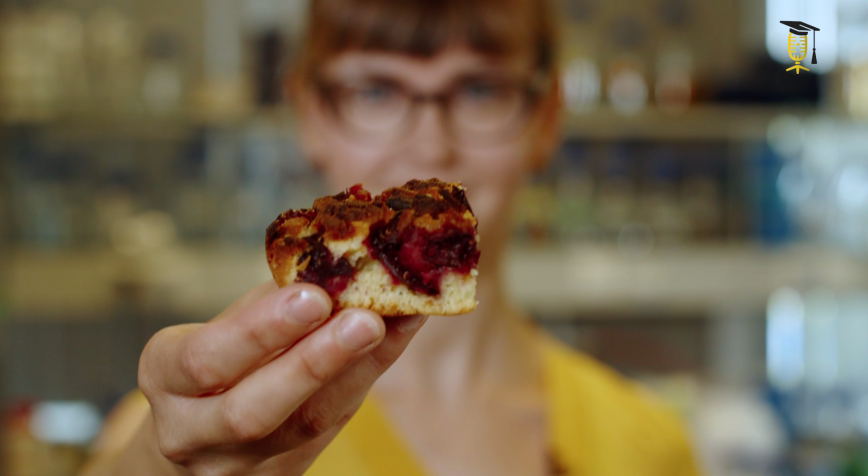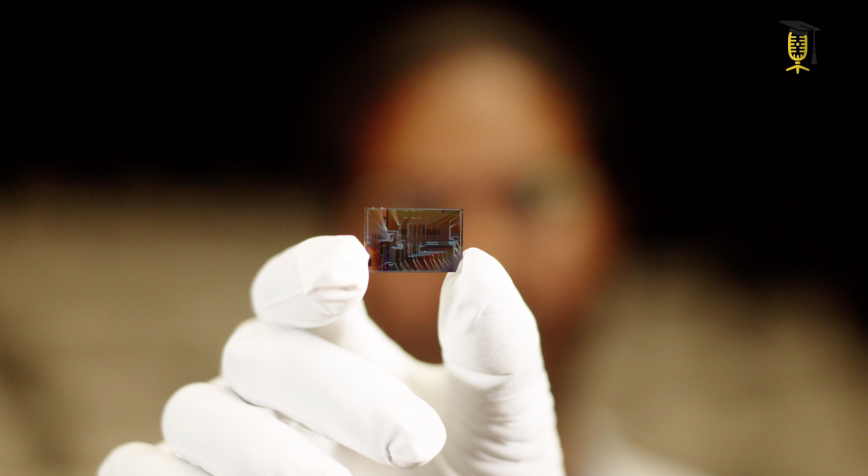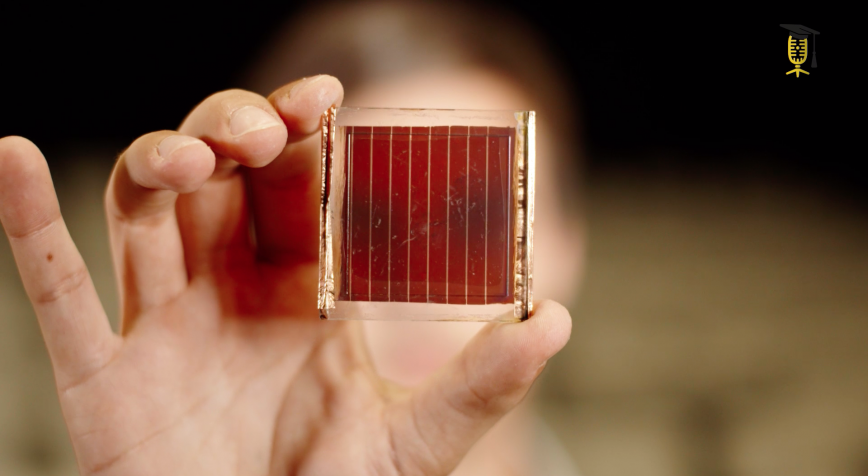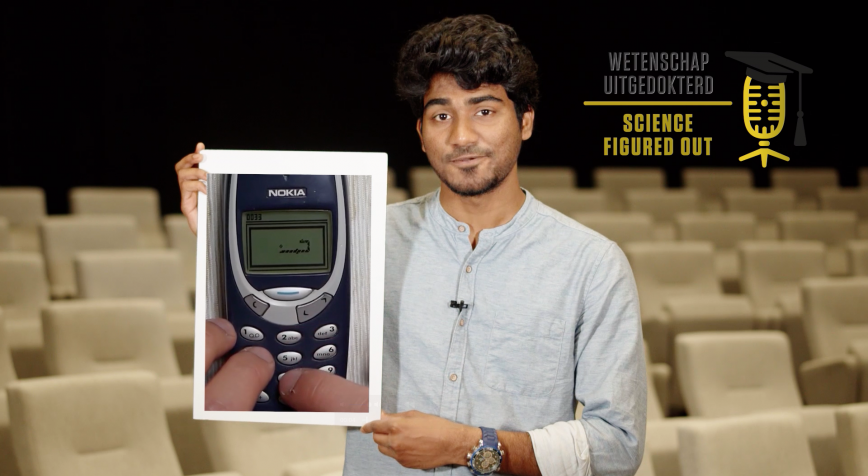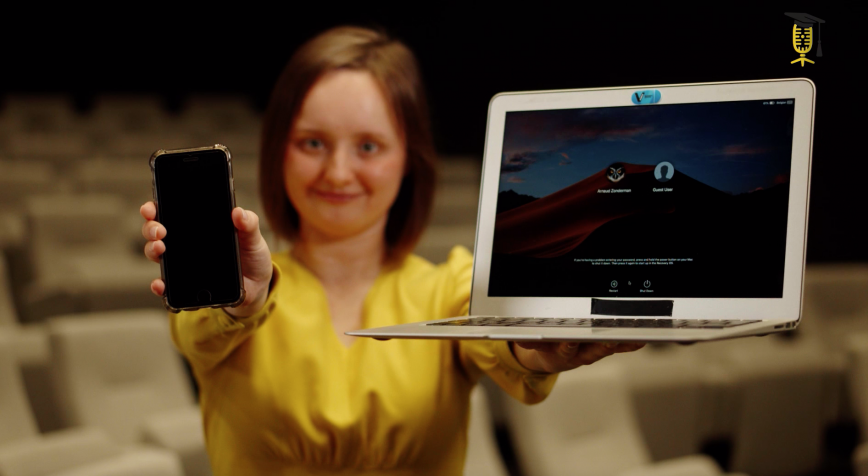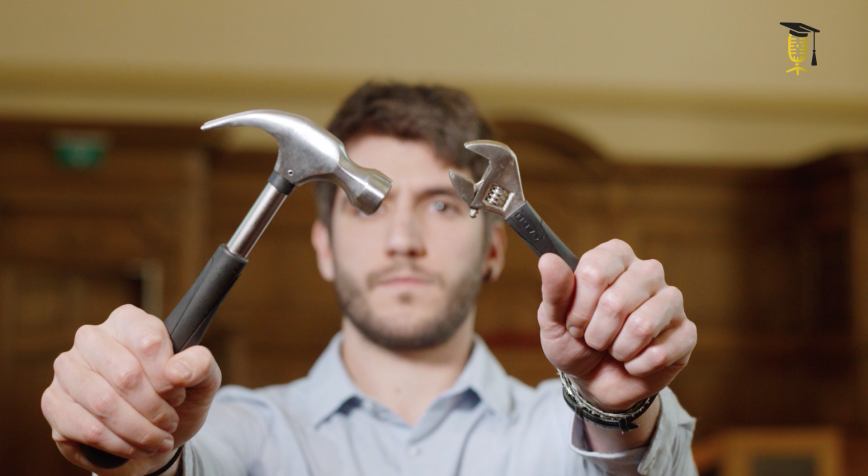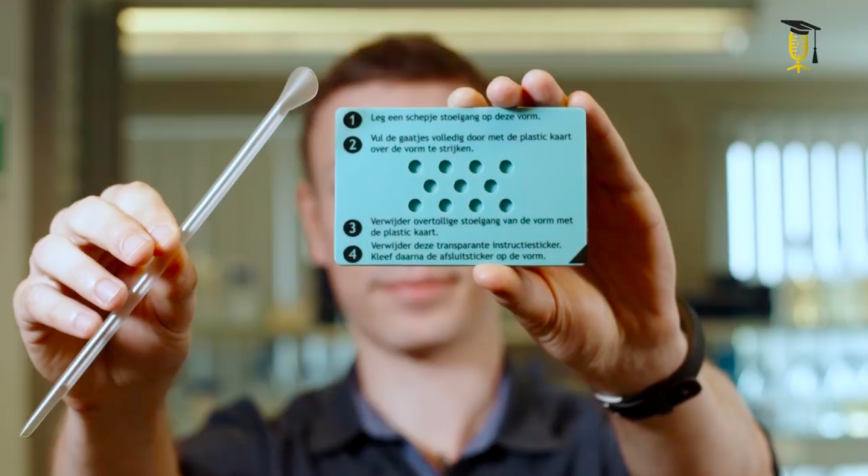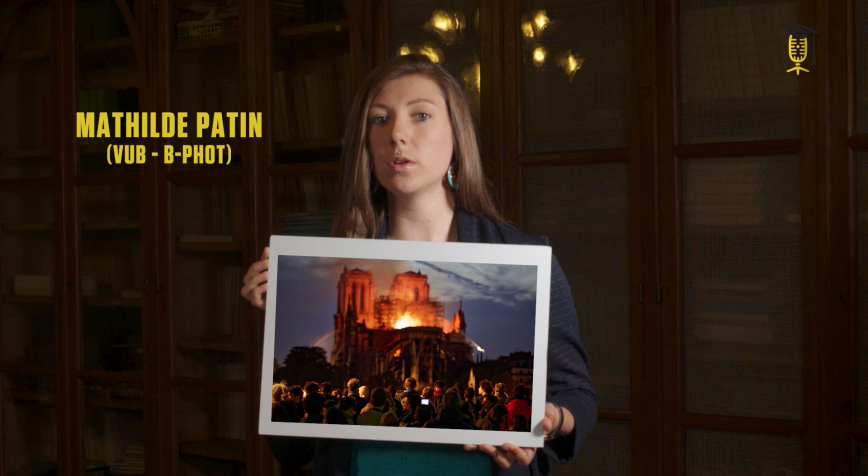
VUB
The science of light and our cultural heritage
Last year, we all witnessed the horrible fire in the Notre Dame de Paris. While the magnificent stained-glass windows survived the inferno, they suffered damage and need to be repaired. But how can you repair such historic artefacts, of over 900 years old? That's where the 'science of light' comes in, as Mathilde Patin explains in this video.
